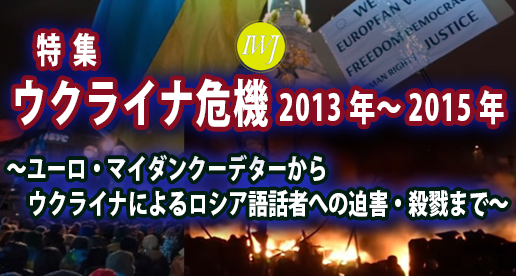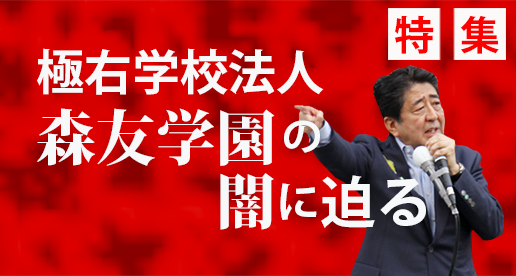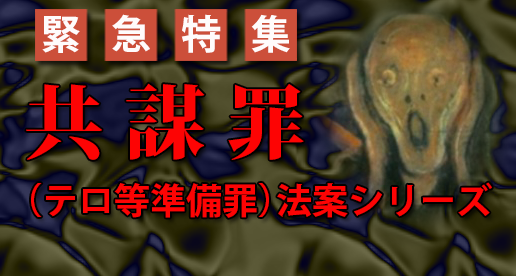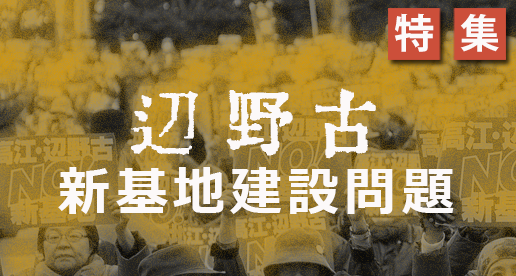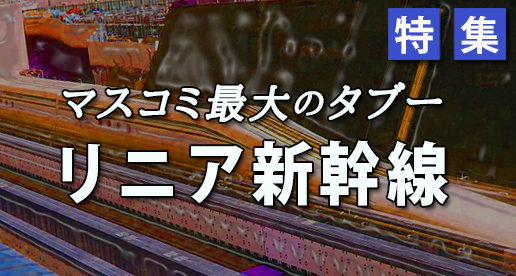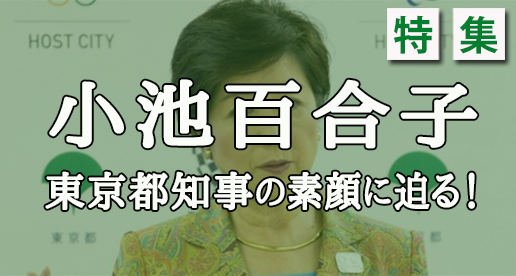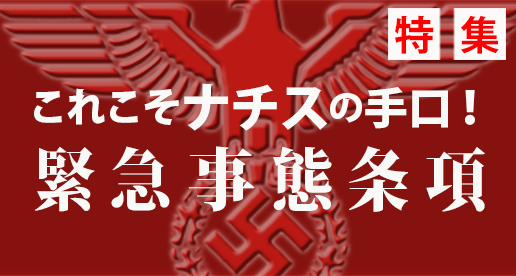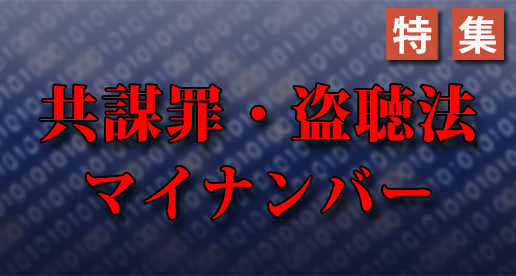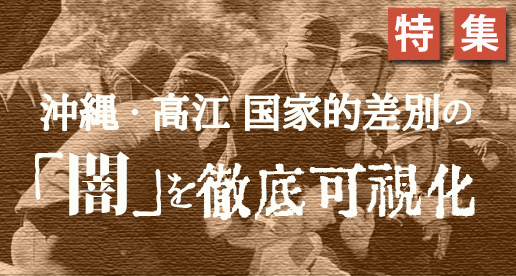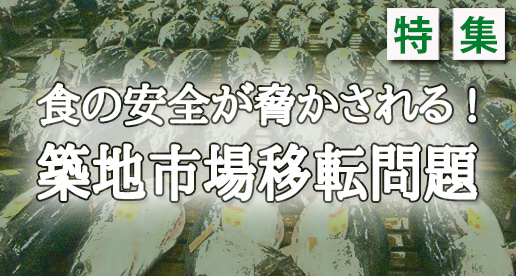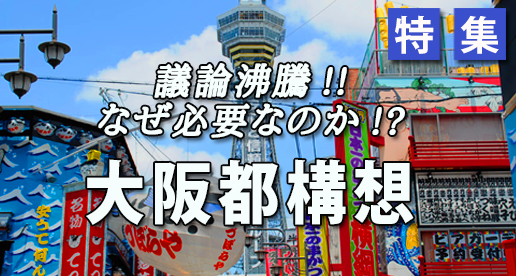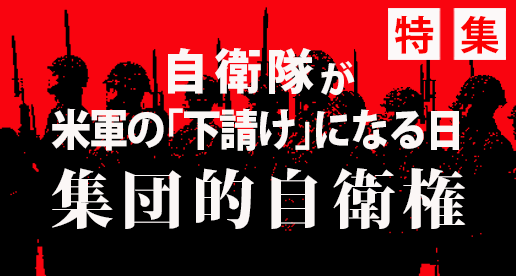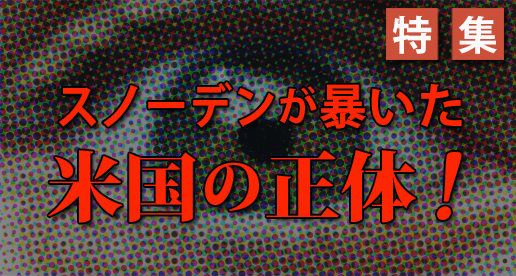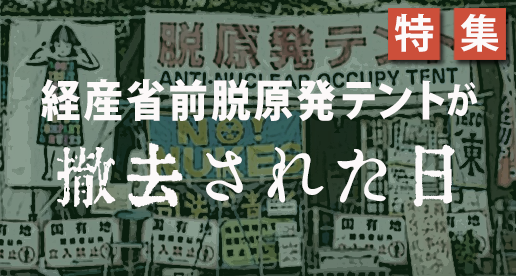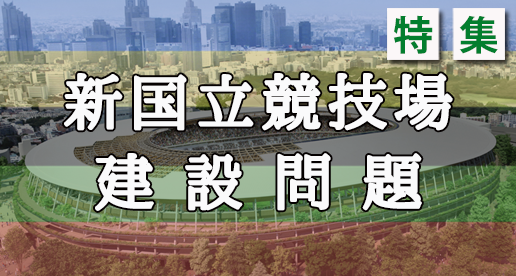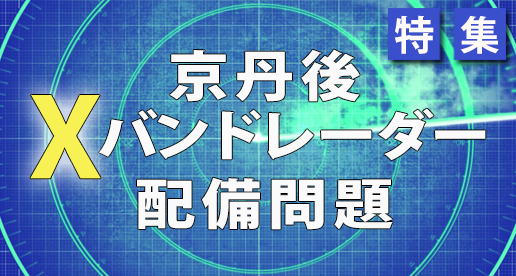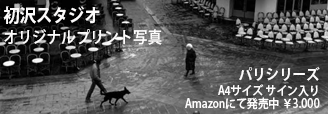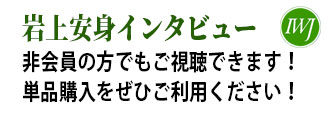The act of a member of parliament to hand out a letter to His Imperial Majesty at the autumn garden party, which was held on October 31st, is causing big ripples.
The text of the letter, referring to growing health problems of children out of Fukushima Daiichi nuclear accidents, is gaining a deep appreciation and sympathy of not a few people, whereas harsh criticism is arising among politicians, saying that Yamamoto’s act is worth considering some kind of punishment. The Board Committee of The House of Councilors held the meeting on November 1st and each party agreed to see the incident as “the act with lack of integrity as a parliament member”. Mass media, both domestic and overseas, cover this news each and everyday.
Some people go further to demand his resignation from the Diet or even threaten to do harm to him.
Having refrained from appearing in public since the garden party, Yamamoto showed up and made public speech today (November 2) to support Yukie Mizuma, a candidate for Katsushika Ward assembly election. The scene was reportedly turbulent with police officers blocking access of right-wing campaigners.
Yamamoto moved to Kyoto right after the speech and the news appeared that right-wingers were following him for attack. (Tanaka Ryusaku Journal November 2 【URL】http://tanakaryusaku.jp/2013/11/0008147)
I received many comments on the Internet and via Twitter worrying about Yamamoto’s safety. So I immediately tried to reach him over the phone to check his whereabouts.
I was able to contact him just after 8:30pm. The following is the conversation I had with him:
– I have heard that you make a speech in Kyoto on 7pm and right-wingers prepare themselves to deliver an attack on site. People are worried. Are you all right?
I am all right so far. I am now on site in Kyoto and it is an indoor, closed talk event rather than a public speech on the street. It is a sort of private party to celebrate my birthday. I just finished the first half of my speech and will do the rest after this.
I saw some right-wing people during my daytime speech in Katsushika Ward and there were about 50 police officers for security.
I said to the audience that I was sorry for all the fuss, but I didn’t speak anything about the content of the letter I had handed out to His Imperial Majesty.
Right-wingers came to this site in Kyoto as well but they couldn’t reach me thanks to the security guard. I think I should be careful when I go out right after the event.
– I am glad that you are safe. The letter you gave out to His Majesty is causing big ripples.
I never imagined it would become this kind of a big deal.
I simply did it out of the sense of urgency to deal with the present state of growing exposure to radiation. I didn’t know the rule about petition. I believe even now that it was a just letter to report the current situation, not a petition.
I have to admit that it was overhasty, driven by my thought to get to action all too quickly, and it might be a childish behavior. I regret for my lack of prudence.
– What is it that you regret?
First of all, it was my action to give the letter directly, never thinking of causing such a big fuss. It must have been delivered to the Cabinet. I didn’t know that. I didn’t understand the rule.
I was not trying to ask for a specific favor. As I have known that His Majesty has no authority to intervene with politics, I have no intention whatsoever to use him for political purpose. I just wanted to let him know the current state.
I thought that His Majesty was smart enough to already know the realities to some degree, but I have listened to workers at the site (of Fukushima nuclear reactors) and presidents of subcontracting companies (of TEPCO). I just wanted to tell him what those people say. It just came out of sheer desire to let him know what is going on.
Another regret is that I gave mass media good reasons to divert public attention from the reality. I think it was my fault.
– Have you disclosed the text of the letter? Some broadcasters say you have.
No, I haven’t. I was surrounded by reporters for interview right after the garden party and there is no official interview after that. I think that what I told them in the interview was reported as the content of the letter.
What I wrote in the letter is about growing health problems of children caused by radiation exposure, workers at nuclear sites working under inhumane and severe conditions and concerns that these facts may get covered up if a proposed Special Secret Protection Law(*) is enacted.
– There has been little coverage about Special Secret Protection Law.
Right. The Board Committee of The House of Councilors will seemingly hold another meeting on 5th Nov. to decide penalties for me. On the same day, I will deliver questions in the (Cabinet) Committee of the Diet for the first time. I will refrain from doing public speech until then, which is very difficult as I have to restrict my opportunities to speak with public. After penalties are given and my interpellation session is done on 5th Nov., I would be happy to talk to you again.
(Yasumi Iwakami)
* Special Secret Protection Law (Tokutei Himitsu Hogo Ho) is a new legislation currently being proposed by Japanese Prime Minister Shinzo Abe’s government, aiming to pass in the current session of parliament. The bill aims to protect critical national secrets in the fields of defense, diplomacy, counter-terrorism and counter-espionage from leaks by introducing harsher punishments.
Civil servants and others with access to classified information would face up to 10 years in prison if they leak “special secrets” designated under the law, compared to the current punishment of up to one year in prison for central government employees and up to five years for defense officials or up to 10 years if the classified defense information in question originates from the United States. If journalists have obtained “special secrets” through improper means not allowed under the law, they would be subject to up to five years in prison.
(Source: Reuters: Factbox: Japan prepares for new law to protect national secrets
http://www.reuters.com/article/2013/10/25/us-japan-secrecy-bill-factbox-idUSBRE99O03820131025)New York Times Editorial Board has issued their concerns that the new law would undermine the people’s right to know, that the government could well designate any inconvenient information secret and that it further limits government accountability by making no clear provision for sharing secrets with elected representatives in the national Diet.
(Source: NYT: Editorial “Japan’s Illiberal Secrecy Law”
http://www.nytimes.com/2013/10/30/opinion/international/japans-illiberal-secrecy-law.html)
※この記事は、【IWJブログ】山本太郎参議院議員に直撃取材! 「陛下に現状をお伝えしたい一心だった」~手紙の内容には被曝の現状と特定秘密保護法への懸念もを独自に英訳したものです。
